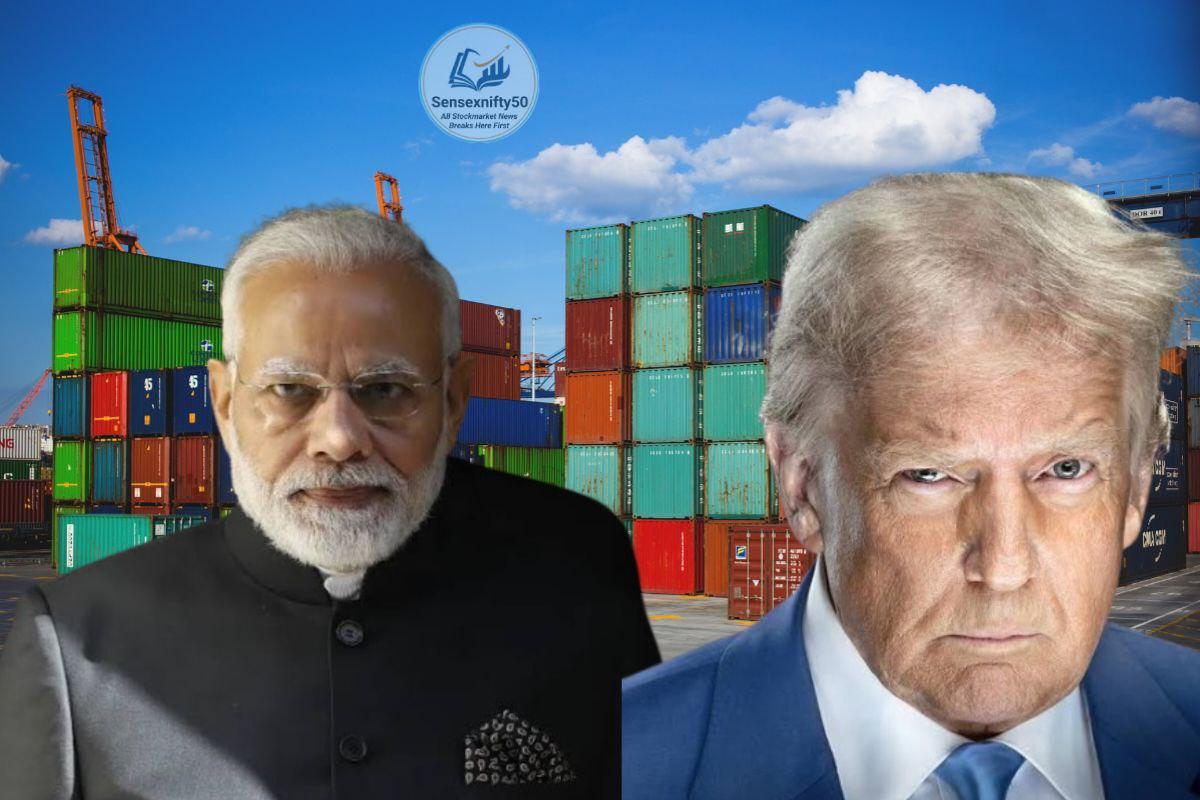
In a significant geopolitical development that has raised eyebrows in Washington, Russia has sent a clear and bold message to the United States: any attempt to pressurize India will not go unanswered. A top Russian lawmaker has publicly declared that Moscow will stand firmly with New Delhi in all difficult times, be it conspiracies or coercion, and will confront any moves made by the U.S. against India.
This firm stance is a reminder that global politics often takes sharp turns that define decades to come. For over 70 years, the U.S. has maneuvered across the globe, toppling governments, waging wars, and manipulating smaller nations to serve its interests. Now, it appears the U.S. wants to use India as a pawn against Russia. But this time, Washington’s plans are not going as expected. India has made it clear: it will make decisions based on its own interests, not under foreign pressure.
This sentiment was echoed forcefully by Leonid Slutsky, Chairman of the Russian Duma’s Committee on International Affairs. He criticized the U.S. and Euro-Atlantic powers for attempting to coerce India and China into turning against Russia. Slutsky called such plans a failure and emphasized that the global majority, especially in the Global South, is no longer willing to abide by rules dictated by a Western minority.
Slutsky's statement was not merely a defense of Russia — it was a political declaration that the Global South will no longer follow Washington’s lead. He pointed to Indian External Affairs Minister Dr. S. Jaishankar’s statements that India-Russia relations are based on mutual merit and not to be viewed from the lens of any other country’s interests. This underscores India’s resolve to act independently, despite American attempts to sway its policies.
To understand the U.S. agenda, one must trace back to the start of the Russia-Ukraine war in 2022. The Western bloc believed isolating Russia economically would bring it to its knees. Their three-pronged approach included:
Pressuring nations not to engage directly with Russia in oil, gas, or defense.
Imposing secondary sanctions on countries continuing trade with Russia.
Launching a trade war to discourage economic cooperation with Moscow.
The prime targets in this strategy were India and China — Russia’s biggest energy and strategic partners. India is the top buyer of Russian oil, and China is Russia’s largest overall trading partner. Washington assumed that if these two countries could be brought into line, Russia’s economic backbone would collapse.
But this plan faced immediate setbacks. India refused to succumb to Western pressure. The U.S. first advised India against purchasing Russian oil, then tried to stall defense deals, and most recently, imposed a 25% tariff on Indian goods. Yet, India has held its ground, prioritizing energy security, defense preparedness, and national interest above all.
India views Russia not merely as a supplier, but as a long-standing and trusted partner. During the 1971 Indo-Pak war, when the U.S. sided with Pakistan, it was Russia that supported India by deploying its naval fleet to the Bay of Bengal. Even during the Kargil War, when many countries backed off, Russia supplied India with vital defense equipment. Given this history, India is unlikely to abandon such a reliable ally just to please the West.
Even China rejected American threats of secondary sanctions over high-tech and defense deals with Russia. Beijing stated clearly that its energy, technology, and trade partnerships are determined by national interests — not U.S. diktats.
This shift signals a broader transformation. The countries of Asia, Africa, and Latin America — often grouped under the term "Global South" — are increasingly asserting their independence. BRICS, comprising Brazil, Russia, India, China, South Africa, and several new members, embodies this emerging order. Slutsky's statement, therefore, was not just for India but for every nation asserting sovereignty in the face of Western pressure.
U.S. President Donald Trump has made repeated statements attempting to corner India over its ties with Russia. However, India has remained consistent: its energy needs and economic decisions are dictated by market conditions and cost-efficiency, not by any foreign nation's preferences.
Bloomberg recently reported that Indian oil refiners were advised to prepare optional supply plans in case of future disruptions in Russian oil shipments. As part of this diversification strategy, Indian Oil Corporation has purchased 5 million barrels of crude oil from the U.S. and 2 million barrels from Abu Dhabi. These moves are designed to secure future supplies and diversify sources without compromising strategic interests.
Since the Russia-Ukraine war began, India has become the largest buyer of seaborne Russian crude. From near-zero levels (around 1%), India now accounts for nearly one-third of Russia’s oil exports. The U.S. and European Union have criticized this, arguing it indirectly supports Russia’s war efforts. However, India maintains that it makes purchases based on economic logic, not geopolitical posturing.
If India were to reduce or stop importing Russian oil, it would be forced to turn to the Gulf countries, where crude prices are significantly higher. This would increase India’s energy import bill and put added pressure on the economy.
Ultimately, this story is not just about geopolitics — it is a story of national dignity. The U.S. aimed to turn India into a strategic tool against Russia. But India rejected this role and sent a clear message: we value our partnerships, we understand the cost of strategic decisions, and above all, we will not bend in pursuit of national interest.
Through this development, India has demonstrated that no foreign power can manipulate it as a pawn. And with Russia openly backing India, the global power dynamic has taken a new shape — one where sovereignty and self-reliance are paramount.
As India maintains its strategic autonomy, it has proven that true friends stand together in every storm — and no external force can break that bond.




